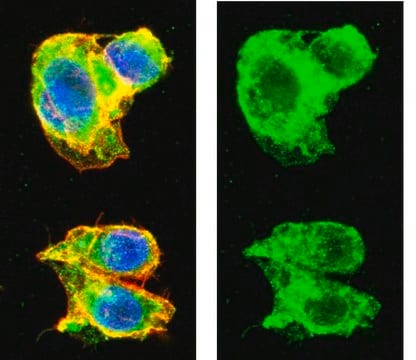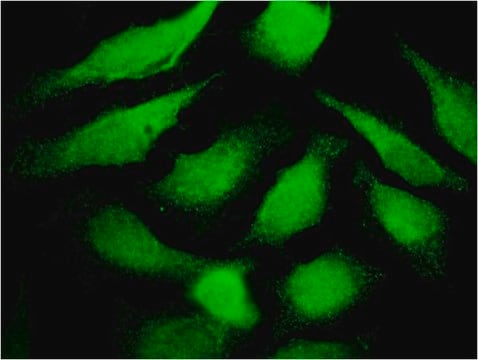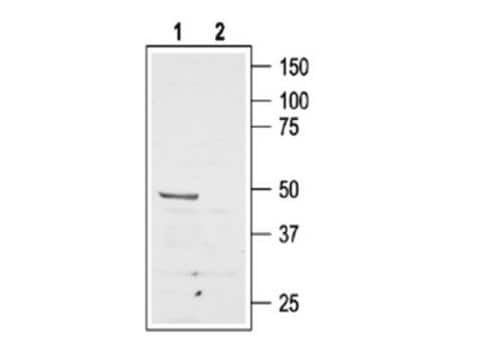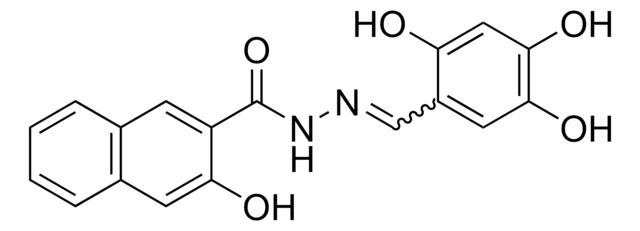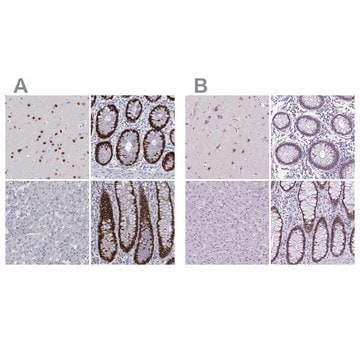T2027
Anti-Transferrin antibody produced in goat
whole antiserum
Synonym(s):
Anti-HEL-S-71p, Anti-PRO1557, Anti-PRO2086, Anti-TFQTL1
About This Item
Recommended Products
biological source
goat
Quality Level
conjugate
unconjugated
antibody form
whole antiserum
antibody product type
primary antibodies
clone
polyclonal
contains
15 mM sodium azide
species reactivity
human
packaging
antibody small pack of 25 μL
technique(s)
indirect ELISA: 1:50,000
quantitative precipitin assay: 3.2-4.8 mg/mL
UniProt accession no.
shipped in
dry ice
storage temp.
−20°C
target post-translational modification
unmodified
Gene Information
human ... TF(7018)
Related Categories
General description
Application
- in quantitative precipitin assay
- in enzyme linked immunosorbent assay (ELISA)
- in western blotting
- in immunoblotting
Biochem/physiol Actions
Preparation Note
Disclaimer
Not finding the right product?
Try our Product Selector Tool.
Storage Class Code
10 - Combustible liquids
WGK
WGK 3
Flash Point(F)
Not applicable
Flash Point(C)
Not applicable
Personal Protective Equipment
Certificates of Analysis (COA)
Search for Certificates of Analysis (COA) by entering the products Lot/Batch Number. Lot and Batch Numbers can be found on a product’s label following the words ‘Lot’ or ‘Batch’.
Already Own This Product?
Find documentation for the products that you have recently purchased in the Document Library.
Our team of scientists has experience in all areas of research including Life Science, Material Science, Chemical Synthesis, Chromatography, Analytical and many others.
Contact Technical Service